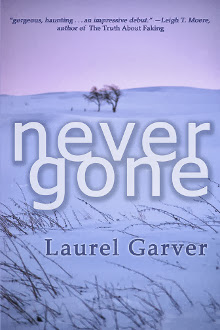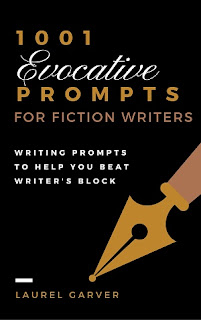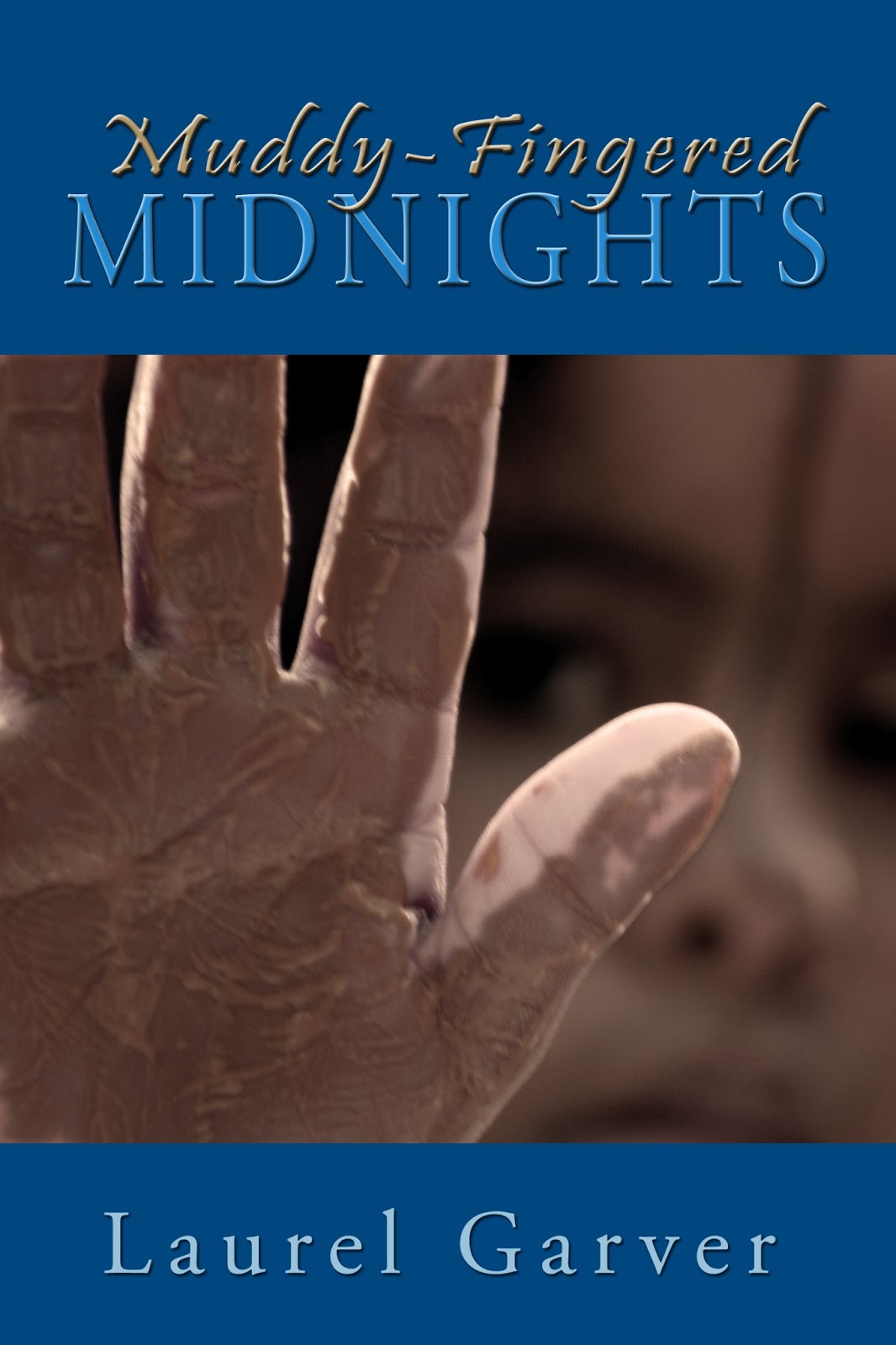Dear Editor-on-call:
I always have trouble with lay and lie. I've heard that people lie and objects lay but it always sounds odd to me to say,"I'm lying here" instead of "I'm laying here." What is the correct usage?
Yours truly,
Don't want to lie
(aka Sherrie of Write About Now)
Dear No lie,
The mnemonic (memory-helper) you mentioned is correct. Only a chicken, dinosaur or other oviparous creature should ever say "I'm laying here."
Except in the sense of producing eggs, lay is always a transitive verb. That means it is the sort of action that always happens TO something (its object). It behaves more like other "regular" verbs, taking an -ed sounding ending (though spelled differently).
The basic pattern: lay, laid, had/have laid
Here are some examples, with the verb in italics and the object highlighted:
Present: Lay that here!
He lays down the law.
Present participle: We are laying all rejects on this pile.
Past: Jo laid her dry cleaning on the counter.
Past participle: The Duke had laid all choices before him.
Future: Xan will lay your order out in the morning
Lie, on the other hand, is intransitive. It's a simple action the subject does. Period. But it's not so simple tense-wise. It's annoyingly irregular with a past tense that trips us up: lay! Argh.
Basic pattern: lie, lay, had/have lain
Present: Lie still!
Lulu lies on the hammock.
Present participle: I am lying in bed, reading.
Past: Hector lay there, dreaming of victory.
Past participle: The tiger had lain in wait.
I think another reason for your discomfort is that fact that this perfectly good verb has a homonym (sound alike) that means "to tell a falsehood." And who wants that taint to one's honest rest? Well, anyone who isn't a chicken.
We usually overcome that confusion by adding place markers like "lie down" or "lying on the couch" to distinguish reclining from speaking falsehood.
To summarize:
Use lay when moving objects. Its tenses are regular, if strangely spelled.
Use lie when the actor is moving him/herself. Its tenses are irregular.
How do you keep lay and lie straight in your mind? Any tips to add?
I always have trouble with lay and lie. I've heard that people lie and objects lay but it always sounds odd to me to say,"I'm lying here" instead of "I'm laying here." What is the correct usage?
Yours truly,
Don't want to lie
(aka Sherrie of Write About Now)
Dear No lie,
The mnemonic (memory-helper) you mentioned is correct. Only a chicken, dinosaur or other oviparous creature should ever say "I'm laying here."
Except in the sense of producing eggs, lay is always a transitive verb. That means it is the sort of action that always happens TO something (its object). It behaves more like other "regular" verbs, taking an -ed sounding ending (though spelled differently).
The basic pattern: lay, laid, had/have laid
Here are some examples, with the verb in italics and the object highlighted:
Present: Lay that here!
He lays down the law.
Present participle: We are laying all rejects on this pile.
Past: Jo laid her dry cleaning on the counter.
Past participle: The Duke had laid all choices before him.
Future: Xan will lay your order out in the morning
Gerund: Laying carpet is hard work.
Lie, on the other hand, is intransitive. It's a simple action the subject does. Period. But it's not so simple tense-wise. It's annoyingly irregular with a past tense that trips us up: lay! Argh.
Basic pattern: lie, lay, had/have lain
Present: Lie still!
Lulu lies on the hammock.
Present participle: I am lying in bed, reading.
Past: Hector lay there, dreaming of victory.
Past participle: The tiger had lain in wait.
Future: Dad will lie down when his shift ends.
Gerund: Lying around is relaxing.
I think another reason for your discomfort is that fact that this perfectly good verb has a homonym (sound alike) that means "to tell a falsehood." And who wants that taint to one's honest rest? Well, anyone who isn't a chicken.
We usually overcome that confusion by adding place markers like "lie down" or "lying on the couch" to distinguish reclining from speaking falsehood.
To summarize:
Use lay when moving objects. Its tenses are regular, if strangely spelled.
Use lie when the actor is moving him/herself. Its tenses are irregular.
How do you keep lay and lie straight in your mind? Any tips to add?












